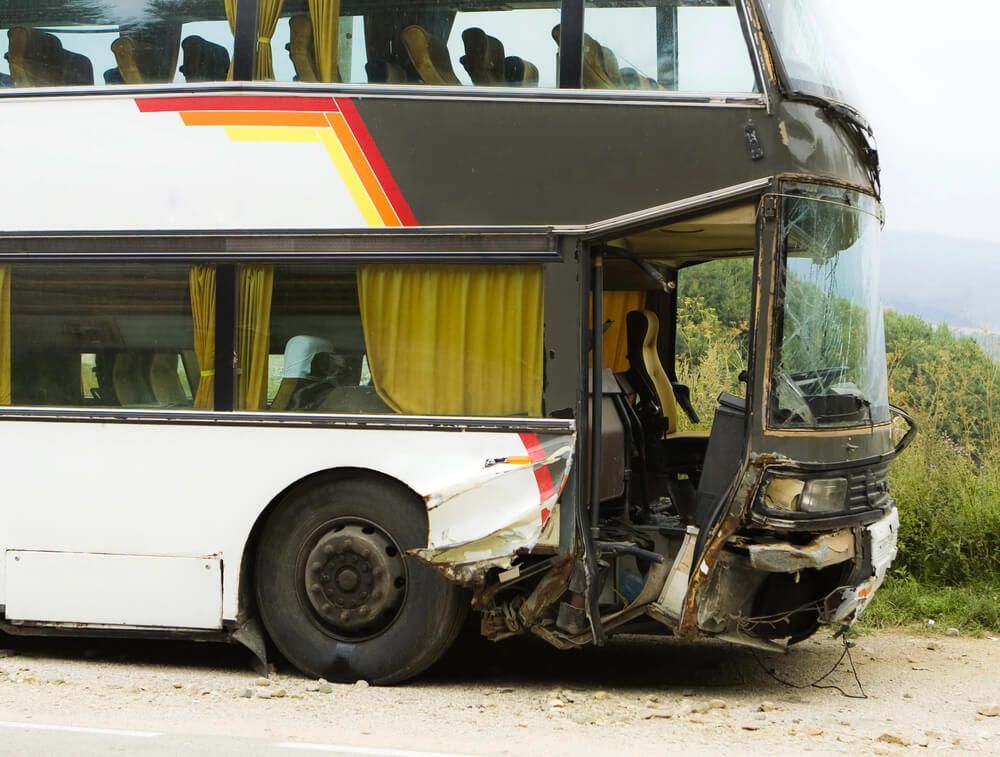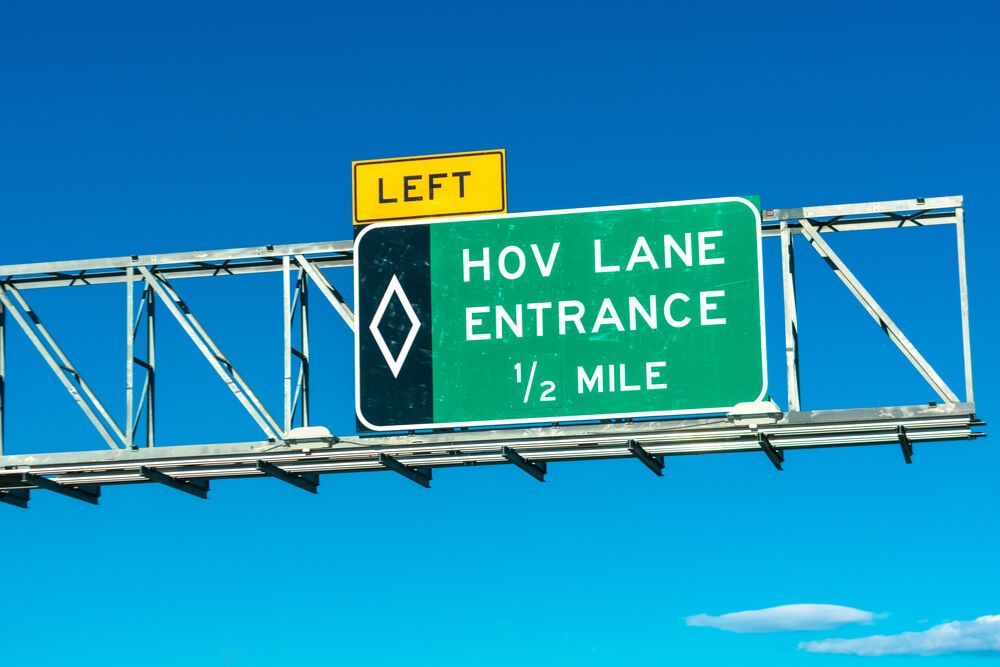What Happens if You Sue Someone With No Money?
Recent Blog Posts
What Happens if You Sue Someone With No Money?
If someone else causes an accident that harms you or your property, you have every right to pursue compensation from them. However, there are times when the liable person does not have insurance nor enough assets of their own to cover your losses.
So, what happens if you sue someone with no money? You can still sue to hold them legally accountable, but the process becomes more complex.
What Is the Point of Suing Someone With No Money?
Even if someone has no money, suing them can result in a formal judgment stating that they are responsible for your damages. If they have insurance, this judgment will hold the insurance company responsible for paying you the required amount up to the policy limits.
When someone has no money and no insurance, a courtroom judgment can still hold them accountable in the form of debt repayment. The court may allow the at-fault party to agree to a repayment plan. Debt collectors might also pursue bank levies or seize non-essential assets such as vehicles or non-residential property.
If you sue someone with no money, what happens next is ultimately a matter of their personal circumstances. However, you can rest assured that you will likely get what they owe, even if it is not immediately.
How Much Does It Cost To Sue Someone?
Suing someone can be very expensive. The various legal fees associated with a lawsuit may include:
- Attorney fees
- Filing costs
- Court fees
- Expert witness fees
- Mediation or arbitration fees
It is not uncommon for a personal injury lawsuit to cost $10,000 or more. However, it is often worth the cost because the final settlement may cover all of these fees as well as the damages you suffered from the other person’s negligence and then some.
If you decide to sue someone who does not have any money, though, it can be a while before you get enough compensation to cover the price. Legal costs can add up quickly when you also have medical expenses and repair bills to consider after an accident. Consider talking to your attorney about how to keep up with these expenses while you wait for compensation to come in.
What Happens When You Decide To Sue?
When you file a lawsuit to sue someone, the first step is to participate in the discovery of evidence from both sides. Once all the relevant information is out in the open, you can negotiate a fair settlement from the at-fault person’s insurance company. Your attorney can handle every step of these processes for you, all the way until they collect a settlement for your losses.
There are special considerations to keep in mind if the person has no money or if they are an underinsured driver. If the person cannot afford to pay your settlement, a court order might not be a practical solution. It may be a better idea to attempt mediation so you can discuss an outcome that ensures your repayment while also being reasonable toward the at-fault party.
Is It Better To Not Sue Someone With No Money?
Even though you deserve to recover compensation from the person who caused your accident, there are situations when suing someone with no money is just not feasible. A court order can hold them accountable for repaying the debt, but it might be years before they can fully compensate you. It might be better not to sue and add to your own financial burdens when you already have medical bills to worry about.
Of course, every situation is unique. It is worthwhile to consult with a personal injury attorney who can objectively evaluate the circumstances. Most attorneys work on a contingency basis, meaning they only get paid if you do. Your lawyers will want to see you succeed, but they have nothing to gain from encouraging you to pursue a fruitless case.
Should You Sue Someone After Getting an Insurance Settlement?
Most personal injury cases end when the injured person receives a settlement from the at-fault person’s insurance company. If you find out that the settlement you received from the insurance company is not enough to cover your damages, you might wonder if you can sue the liable person directly to get the rest of what you deserve.
Unfortunately, suing after a settlement is usually not possible. Even if the reason your settlement was insufficient was because the person had no money and did not have adequate insurance coverage, you still cannot pursue additional compensation for the same accident after signing a settlement agreement.
There are exceptions to this rule, such as when new evidence comes to light or if you find out the other party acted in bad faith. However, it is extremely important to make sure your settlement or repayment agreement will fully compensate you for your damages before you agree.
Are There Other Ways To Get Compensation Aside From Suing?
There are precautions you can take to make sure you receive suitable compensation even if a person with no money causes a harmful accident. This entails having certain types of insurance coverage on your own policy.
Uninsured motorist coverage is a type of policy you can add to your auto insurance plan. This coverage pays for your damages after a car accident when the at-fault driver lacks the state’s minimum auto liability coverage amount.
Personal injury protection (PIP) or MedPay policies will also help cover medical bills after an accident, regardless of fault. While many people use PIP or MedPay to help with expenses after an accident they caused themselves, they can also be valuable resources in a situation where the other person is at fault but has no money.
Sargon Law Group Can Help You Get Your Just Compensation
At Sargon Law Group, we are personal injury attorneys who prioritize open communication throughout the claims process. We will help you understand what happens if you sue someone with no money and how long we expect it to take for you to recover your damages.
We proudly represent clients throughout Arizona, New Mexico, Colorado and California. Contact us today to schedule a free consultation—we will evaluate your case and share our honest opinion on whether or not it is worth suing the at-fault party.
Resources:
https://www.progressive.com/answers/uninsured-motorist-insurance/





